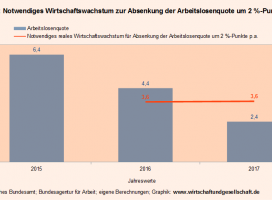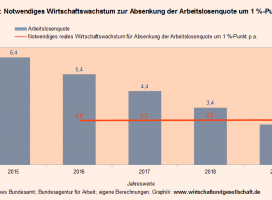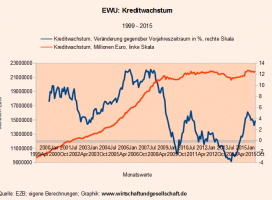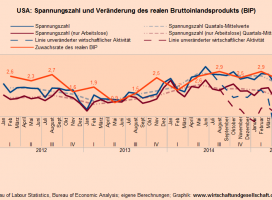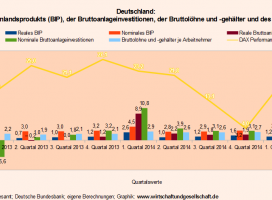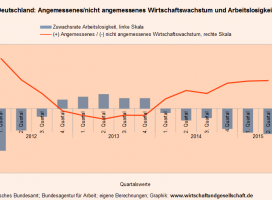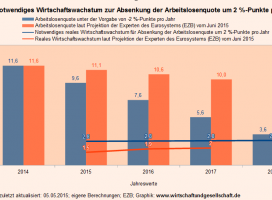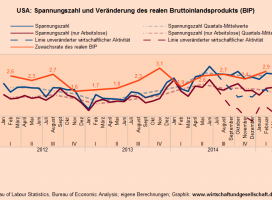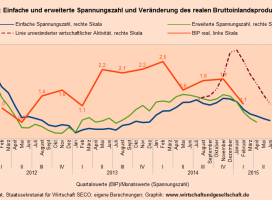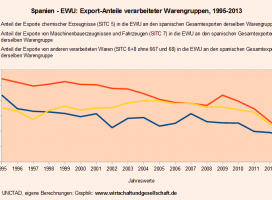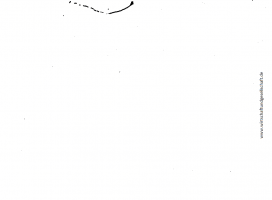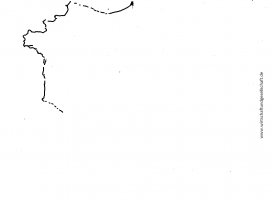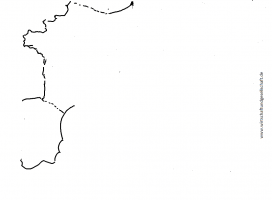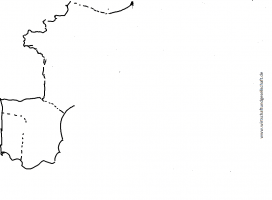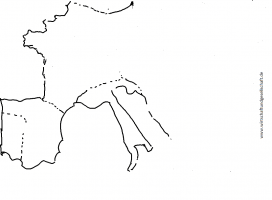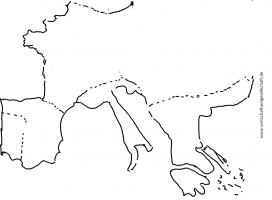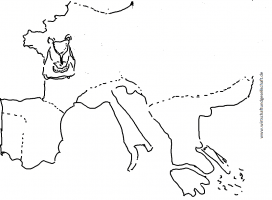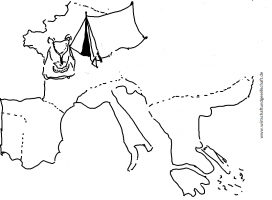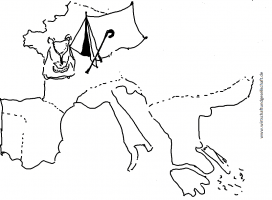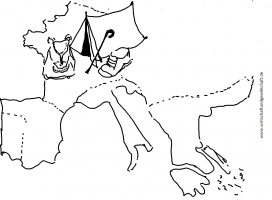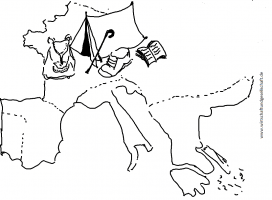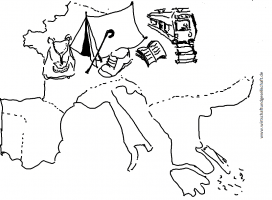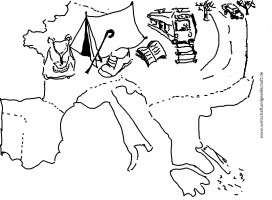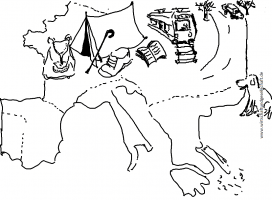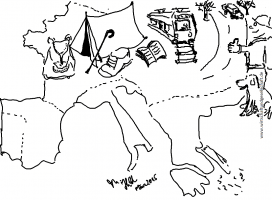Gewöhnen sich die Menschen an den Ist-Zustand in Deutschland und der Welt: Terror, Krieg, soziale Not, überbordender Reichtum, nationale Bestrebungen und den Umgang der Politik damit? Wie sonst lässt sich erklären, dass sich die große Mehrheit der Menschen vermutlich gar nicht für Politik interessiert? Wann haben Sie zuletzt eine Zeitung in die Hand genommen oder sich im Internet tiefergehend mit Informationen aus Politik, Wirtschaft und Gesellschaft auseinandergesetzt? Kannten Sie Martin Schulz, bevor er von der SPD zum Kanzlerkandidaten ausgerufen wurde? Er war vorher immerhin Präsident des Europäischen Parlaments. Ich kenne gleich einige, die mit seinem Namen nichts anfangen konnten.
Tag Archiv für Griechenland
Griechenland, Medien: Die FAZ problematisiert Sparzwang und Konsum – allerdings nur in der Druckausgabe
Obwohl in Online-Veröffentlichungen doch nicht die Not vorherrscht wie im Print, den Inhalt begrenzen zu müssen, um die Druckausgabe nicht zu sprengen, findet sich in der Frankfurter Allgemeine Zeitung (FAZ) die entscheidende Erkenntnis zu Griechenland nicht in der Online-, sondern in der Druckausgabe.
Griechenland: Politik und Konjunktur
English Summary: The analysis updates the analysis on economic activity in Greece published in May 2016 (see also before in March 2016) with the most recent unemployment figures published by the Hellenic Statistical Authority and the economic activity indicator calculated according to the method by Claus Köhler, former member of the German Council of Economic Experts. A method the author employs regularly to estimate the development of economic activity in a monthly analysis of the business cycle in Germany, France, the European Monetary Union as a whole, Switzerland and the United States.
Griechenland: IWF stellt zentrales Ziel der Euro-Gruppe infrage – und hat gute Argumente
Der Internationale Währungsfonds (IWF) hat sich gemeinsam mit der Europäischen Zentralbank (EZB) und der EU-Kommission – die so genannte Troika – in Griechenland die Finger verbrannt. Griechenland steckt seit der Umsetzung der von der Troika oktroyierten Maßnahmen tiefer in der Krise als zuvor. Eine katastrophale Entwicklung, die nun schon über Jahre anhält (siehe hierzu die Bestandsaufnahme und Einordnung des Ökonomen und ehemaligen Mitglieds des Sachverständigenrats zur Begutachtung der gesamtwirtschaftlichen Entwicklung, Claus Köhler, hier; unsere jüngste Konjunktureinschätzung zu Griechenland findet sich hier). Der IWF hat jedoch erst jüngst ein Problembewusstsein an den Tag gelegt, dass die Euro-Gruppe – das Gremium, in dem die Euro-Länder durch ihre Finanz- oder Wirtschaftsminister vertreten sind – bis heute schmerzlich vermissen lässt. Anders als das große Thema Schuldenerlass, bei dem wiederum der IWF der Euro-Gruppe, insbesondere dem deutschen Finanzminister, in die Parade fährt, wurden die folgenden Aussagen von anderen Medien aber entweder gar nicht aufgegriffen oder eben nur in Bezug auf die Schuldenproblematik (siehe zum Beispiel hier).
Griechenland: Wie steht es um die Konjunktur?
English Summary: The analysis updates the analysis on economic activity in Greece published in March 2016 with the most recent unemployment figures published by the Hellenic Statistical Authority and the economic activity indicator calculated according to the method by Claus Köhler, former member of the German Council of Economic Experts. A method the author employs regularly to estimate the development of economic activity in a monthly analysis of the business cycle in Germany, France, the European Monetary Union as a whole, Switzerland and the United States.
Griechenland, Konjunktur: Zur Entwicklung der griechischen Wirtschaft am aktuellen Rand
English Summary: The analysis updates the analysis on economic activity in Greece published in Februar 2016 with the most recent unemployment figures published by the Hellenic Statistical Authority and the economic activity indicator calculated according to the method by Claus Köhler, former member of the German Council of Economic Experts. A method the author employs regularly to estimate the development of economic activity in a monthly analysis of the business cycle in Germany, France, the European Monetary Union as a whole, Switzerland and the United States.
Griechenland: Viel wichtiger als Börse und “DiEM 25″ ist die Konjunktur
English Summary: The analysis updates the analysis on economic activity in Greece published in September 2015 with the most recent unemployment figures published today by the Hellenic Statistical Authority and the economic activity indicator calculated according to the method by Claus Köhler, former member of the German Council of Economic Experts. A method the author employs regularly to estimate the development of economic activity in a monthly analysis of the business cycle in Germany, France, Switzerland and the United States. The article criticises the focus on Greece´s stock exchange by German media as well as the focus on Varoufakis and his new so called Democracy in Europe Movement. The so called Manifest of that movement, by the way, doesn´t mention at all the word employ, which contains any word concerning employment or unemployment. Not only against this background the author concludes that Varoufakis offers not a solution to the crisis but is rather an expression of the crisis. The focus should rather be on the close correlation between economic activity and unemployment which – as the analysis proves – holds true for Greece, too, in the longterm as well as in the short term examination.


